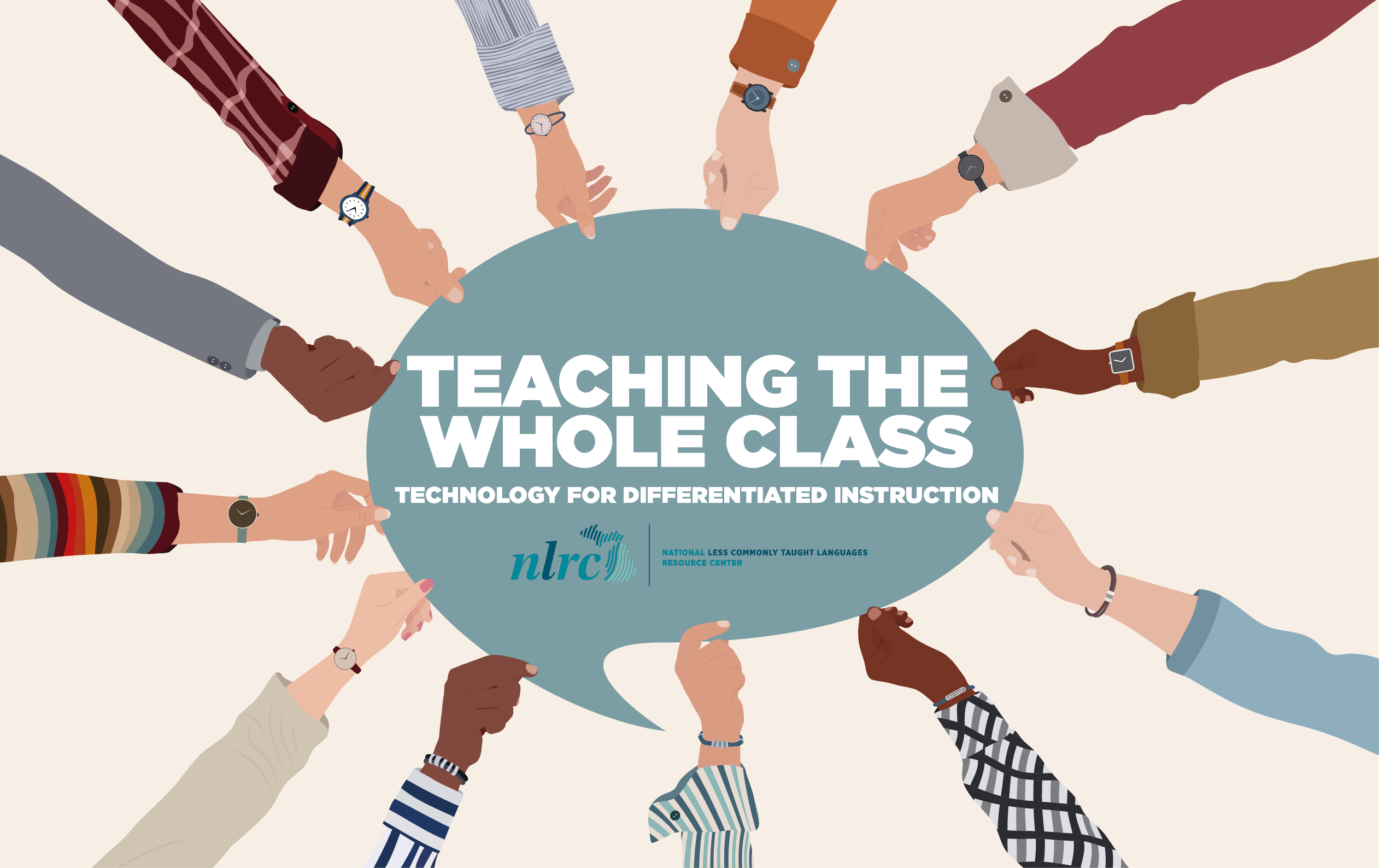How do we engage adult novice language learners using task-based learning and authentic or near-authentic materials with content that permits further inquiry into history and culture, while also creating an inclusive learning environment and different pathways to learning and assessment, in hybrid and/or blended settings? For LCTL programs, the question has pragmatic implications in terms of enrollments, student retention, and program viability. While technological integration in the language classroom is not new, emergency remote teaching prompted us to reimagine the language classroom in post-pandemic times, as a flexible, accessible, safe, and inclusive learning space that affords multiple means of engagement, representation, and action/expression, and where participants are active agents in their own learning process. These are not new concerns, but the pandemic underscored the urgency for changes in curriculum design and assessment.







